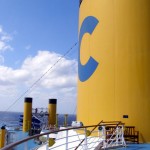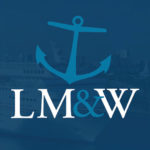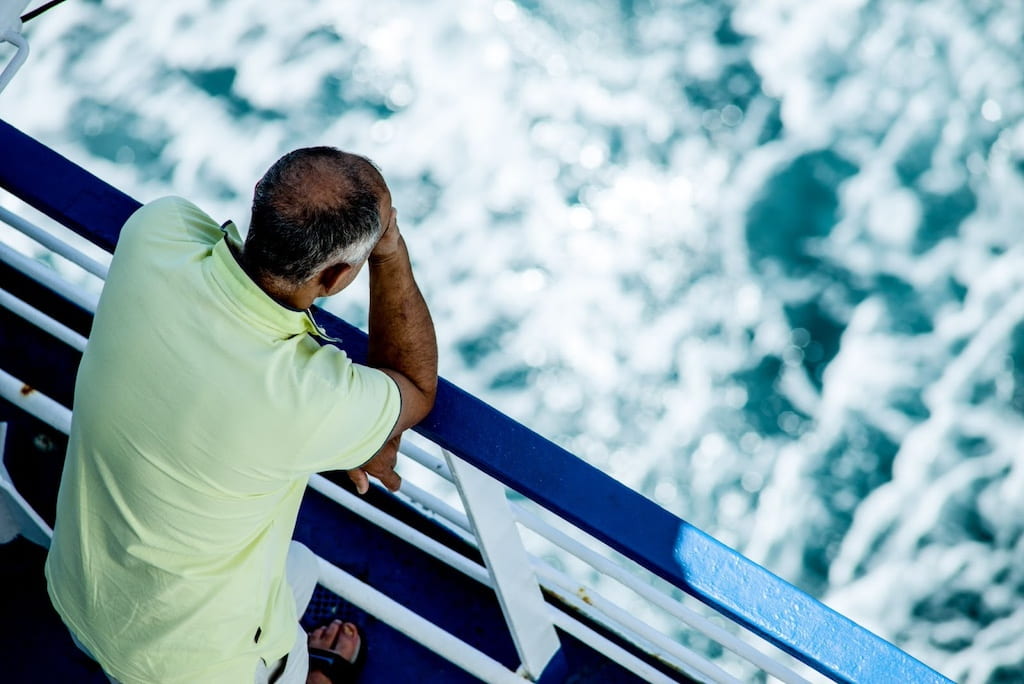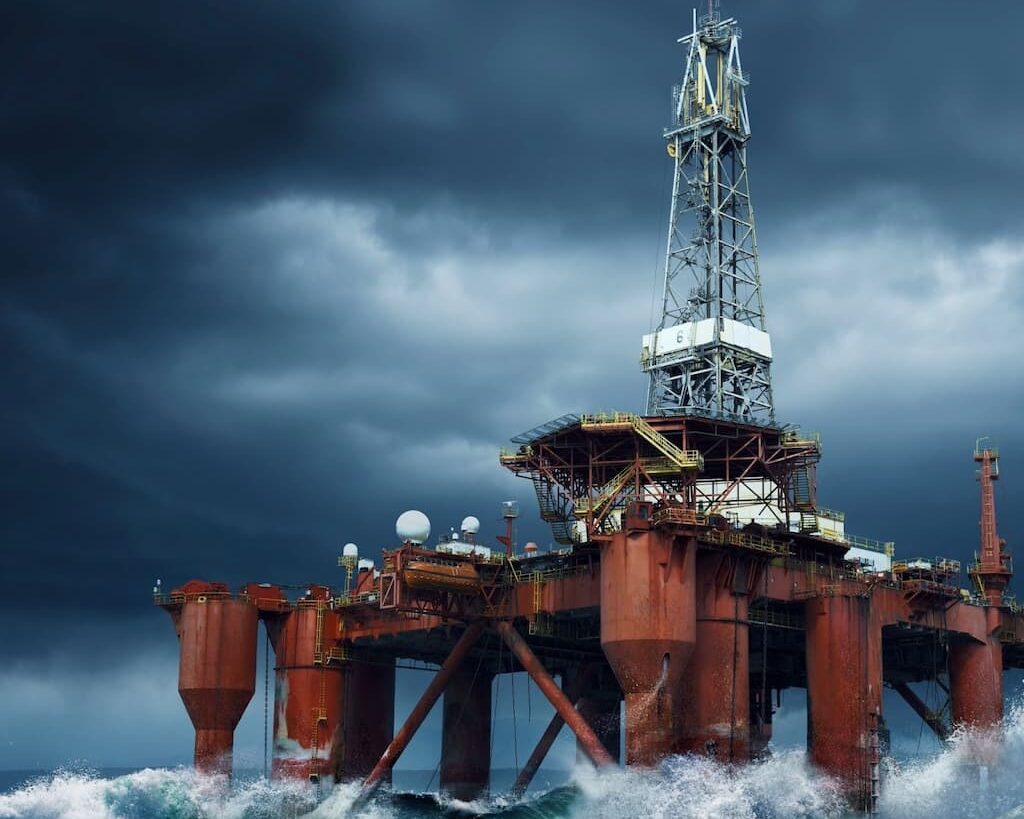
After a summer hiatus, Schettino’s trial has resumed, and staying true to his nature and looking for anyone to point fingers at (except himself), Schettino has now decided to blame the helmsman, Jacob Rusli Bin for the cruise ship accidentIn court, Schettino claimed he actually told helmsman Jacob Rusli Bin to slow the vessel down as the Concordia approached the shore, but the helmsman did not follow his orders.
“He steered in the wrong direction and we crashed,” said Schettino in court.
Really though, after making a fool of himself in court and recently being dubbed the “most hated man in Italy,” it might be wiser for Schettino to apologize to the victims and their loved ones and accept his fate, especially now that the Concordia has been resurfaced, making it accessible for legal experts to board the wrecked ship and possibly find new evidence that might incriminate the former captain even further.
After examining the Concordia’s black box, an investigative team refuted Schettino’s claim that Rusli Bin was to blame for the accident. Officials determined that the helmsman was 13 seconds late in following the order to slow the vessel down, but assured that the crash would have occurred regardless of whether he responded immediately or not.
Rusli Bin was actually one of the crew members who were sentenced earlier this year for his role in the crash, but, like all of the other crew members who were on trial, he accepted a plea deal and was given a suspended sentence.
Further investigations into the causes of the crash have shown that there may have been some technical issues with the vessel that may have contributed to the crash. A new investigation of the ship has been scheduled to determine whether there were any problems with the vessel’s emergency generators, life boats, watertight doors, or any other equipment malfunctions that may have aggravated the situation following the crash.
Let’s take a look at the evidence we have so far regarding the events on the day of the accident.
- Schettino made the call to change the Concordia’s course at the very last minute
- Schettino failed to adequately read the vessel’s maps of the area in order to plot a course that would have avoided the rock the ship crashed into (he claims the rock was not mapped out)
- The evacuation process was severely flawed, with survivors claiming crew members had no idea what they were doing and could not communicate properly
- Schettino abandoned his ship before all the passengers and crew members were safely off (he was among the first to abandon the ship)
But aside from what Schettino and the crew did – or didn’t do – the role of the cruise company itself, Costa Crociere Spa, cannot be ignored, despite the fact that the company was able to avoid persecution in lieu of paying a 1 million Euro fine.
Instead of being a defendant alongside Schettino and the other crew members who were on trial, now, Costa Crociere is actually a plaintiff in the case, taking part in the hearing as a victim who lost its ship, rather than a contributor to the accident.
A cruise company is responsible for the well-being of both passengers AND crew members. A cruise company is also responsible for training their crew thoroughly, especially when it comes to emergency situations. The facts show that the Costa Concordia crew was distraught and had no idea how to function properly in the face of danger. Crew members should be calm and collected, helping to ease passengers’ concerns, not exacerbating the confusion and chaos.
Additionally, it may be said that Costa Crociere failed to hire a captain that would stand by his passengers and crew and put THEIR needs ahead of his own. Schettino abandoned his ship before several of the passengers had even made it to their designated muster stations. Though there is no actual maritime law that requires a captain to remain onboard until the last person is safely off a disabled vessel, it is a well-known feat of integrity and commitment to one’s crew to remain onboard.
Furthermore, the Costa Concordia capsizing is a testament to the laxness of regulatory oversight permitted by the cruise line. Though a ship’s captain is technically in command of a vessel, any changes to a ship’s itinerary should be approved by the cruise company beforehand. Unless done in an emergency situation, especially one that is unnecessary, such as Schettino’s decision to change the ship’s course in order to perform a “salute” and bring the vessel closer to shore.
If a ship is in real danger and company officials cannot be reached, then it may be said that the captain can make a last minute call to change course if it is in the best interests of all whom are onboard, but the Costa Concordia accident could have been 100 percent preventable. Had Schettino not wanted to show off, and had Costa had in place rules that required he obtain permission prior to altering his established course the accident would have never occurred.
It goes without saying that several people played a role in the Costa Concordia crash, yet only one man, Schettino, is facing the brunt of the accusations. The attorneys at our firm have noted throughout the years that the cruise industry as a whole has a way of avoiding responsibility for any acts of negligence or wrongdoing. Whether it’s because most cruise ships are registered in foreign ports, thereby allowing companies to avoid U.S. investigation, or because cruise passenger ticket contracts contain endless loopholes that shield the lines from liability in the event of an accident or crime, there are many ways that cruise lines are able to avoid accountability for their mistakes.
Hopefully one day the cruise industry will accept full responsibility for incidents that occur on their vessels while at sea or in port and put the needs of their passengers and crew above the politics of the industry and the money lines stand to profit.
Published on September 25, 2013
Categories: Cruise Ship Accidents
Get Free
Consultation









